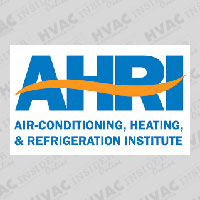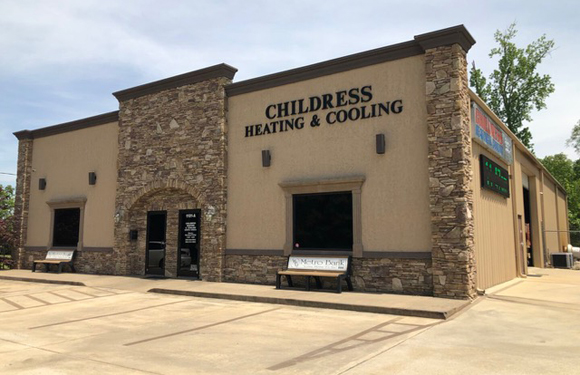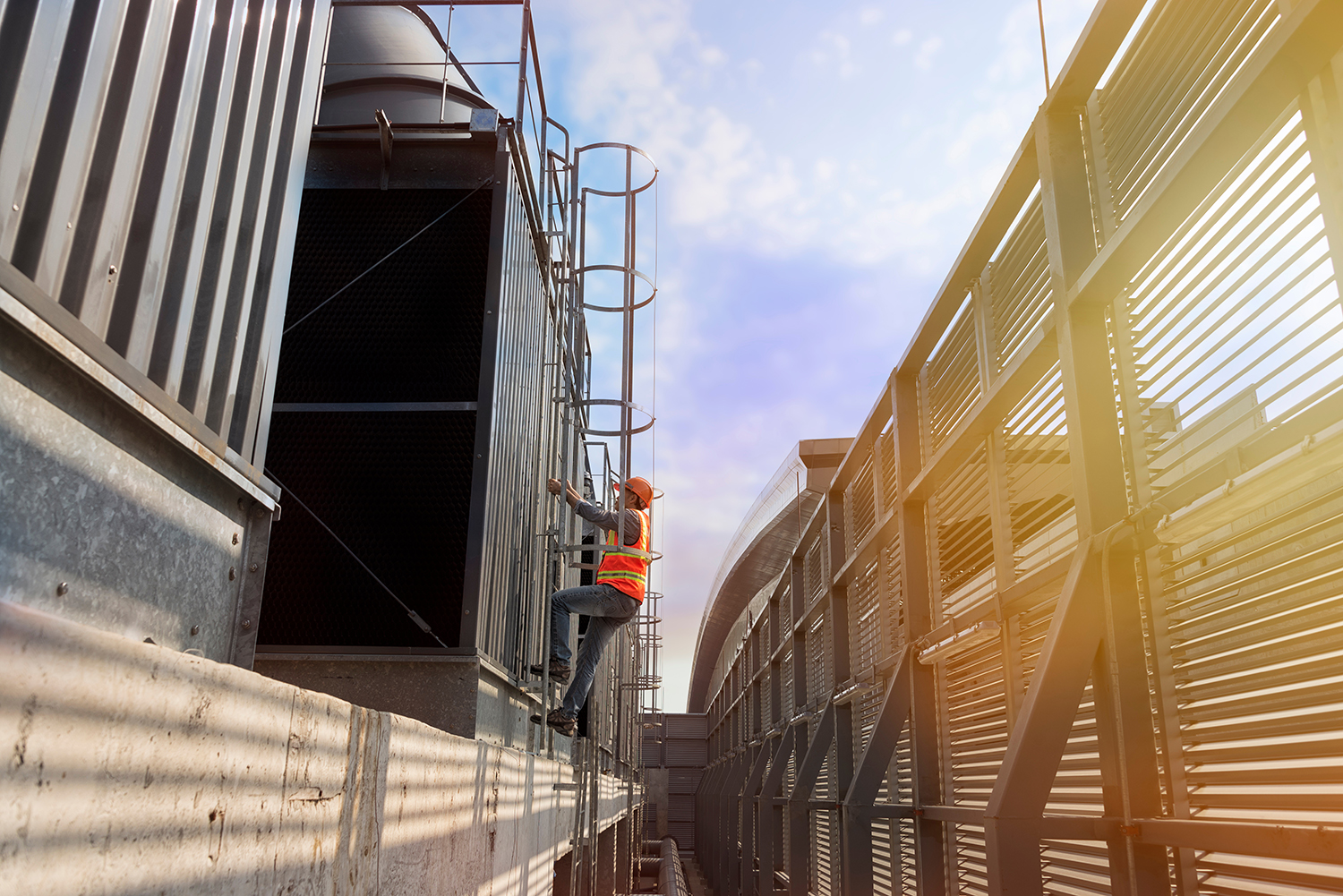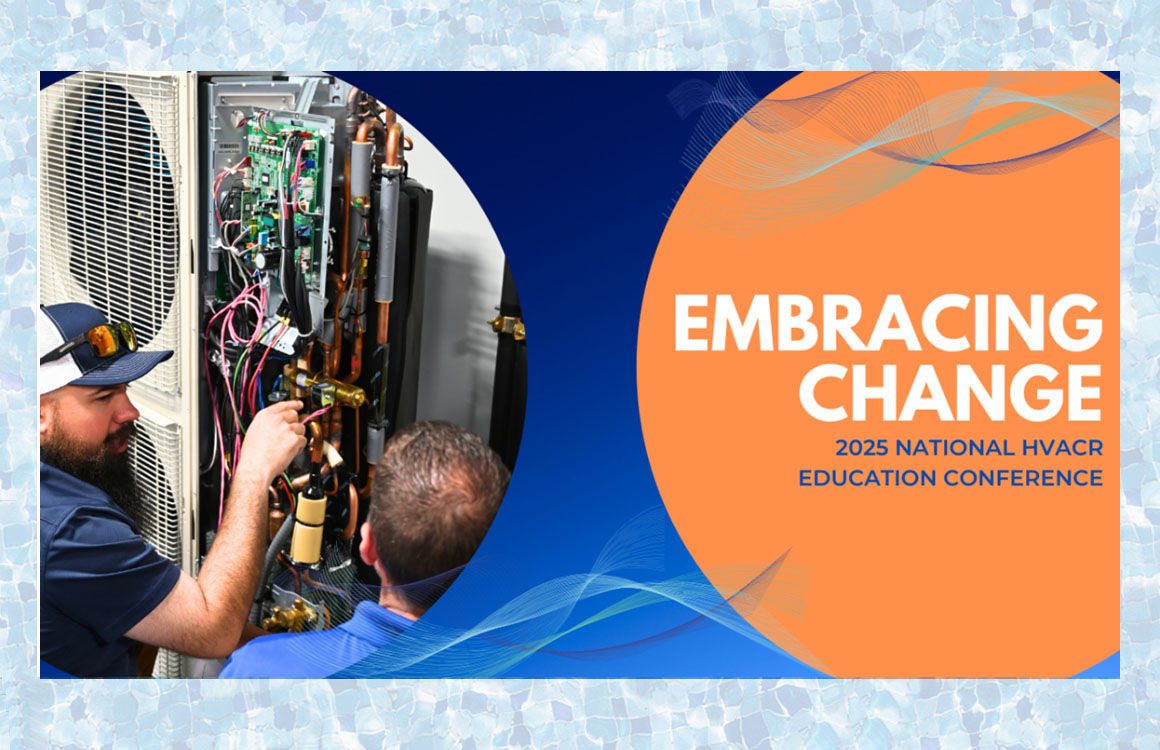
News
AHRI Provides Tips for Flood-Damaged Heating, Cooling Equipment
- Heat Pumps and Air Conditioning Systems: Split air conditioning and heat pump systems have power and control wiring between the indoor and outdoor parts of the system, and piping through which refrigerant flows through the system. If flood water has repositioned either the indoor or outdoor units of a split system even by a small amount, there is a potential for refrigerant leaks. The system will then require major repair or full replacement.
- If the refrigerant system remains intact after the flood, the entire system should be cleaned, dried, and disinfected. Homeowners should have a contractor check the indoor and outdoor units’ electrical and refrigeration connections, including all control circuits. The decision to repair or replace should be made after consultation with a qualified professional on a case-by-case basis.
- Water Heating Systems: Regardless of whether a water heater uses gas, oil, or electricity, if it was exposed to flood water the unit should be replaced. In gas and oil units, valves and controls can corrode. In an electric unit, the thermostat and controls can corrode. In all types, the insulation surrounding the unit will likely be contaminated and will be nearly impossible to disinfect. In addition, the insulation takes a great deal of time to dry and can lead to corrosion of the tank from the outside. Even if water heater components have been cleaned and the unit seems to operate properly, parts may corrode in the future. Both gas and electric water heaters have a pressure relief valve that can corrode and stick after being exposed to flood water. Homeowners should be sure, therefore, to replace this valve as well. A new water heater is a relatively small investment, and replacing it is fairly easy to do. If the water heater was more than five years old, the chances are good that a new unit will be more efficient, which will save the homeowner money in the long run.
- Ductwork: If a house under storm repair contains a central forced-air system, attention should also be paid to the ductwork. A contractor will not try to salvage duct insulation that has been in contact with flood water, but will replace it because it is impossible to decontaminate. The contractor also will clean, dry, and disinfect the ductwork itself. A thorough job will require disassembling the ductwork, but the silver lining is that such repairs will allow the contractor to seal joints in the ductwork and improve insulation to reduce heating and cooling loss.
The Air-Conditioning, Heating, and Refrigeration Institute (AHRI) is the trade association representing manufacturers of air conditioning, heating, and commercial refrigeration, and water heating equipment. An internationally recognized advocate for the industry, AHRI develops standards for and certifies the performance of many of these products. AHRI’s 300+ member companies manufacture quality, efficient, and innovative residential and commercial air conditioning, space heating, water heating, and commercial refrigeration equipment and components for sale in North America and around the world.













